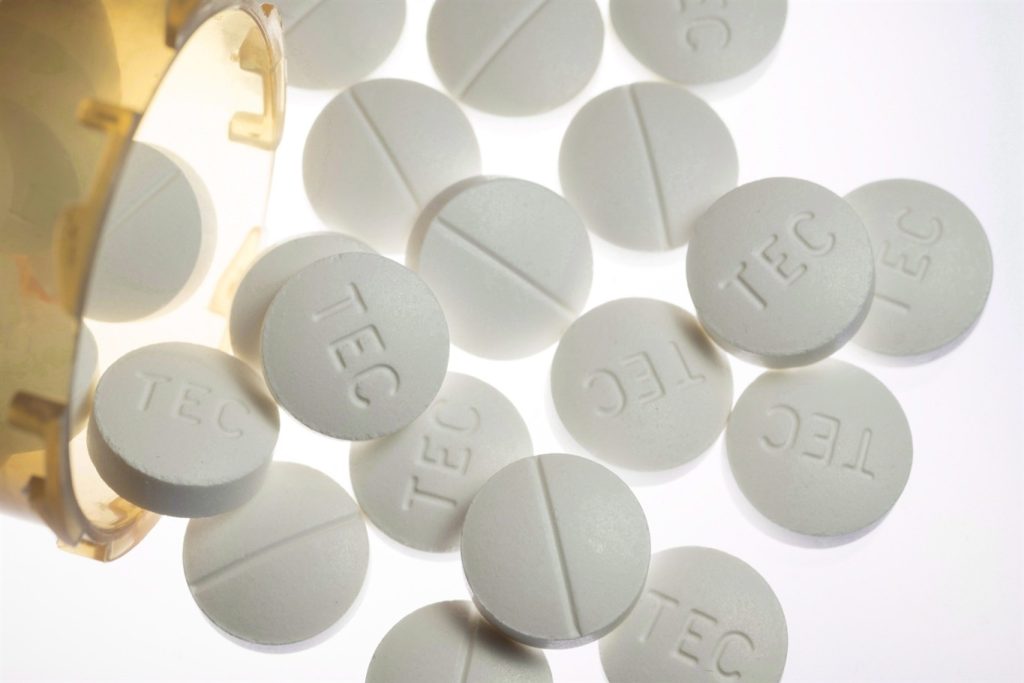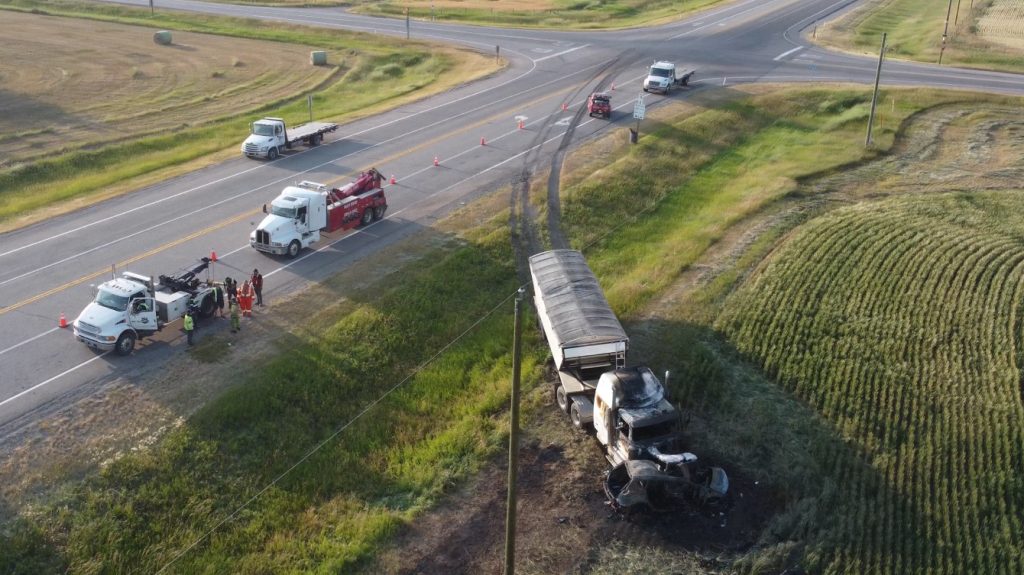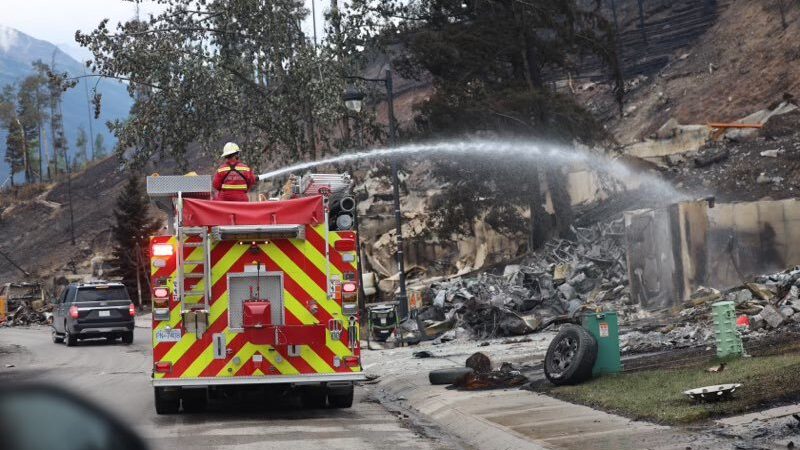Alberta marks International Overdose Awareness Day amid record deaths

Posted Aug 31, 2023 11:19 am.
Last Updated Dec 27, 2023 1:49 pm.
Alberta is on track to set yet another record for toxic drug deaths on the heels of a deadly 2022 where more than 1,600 people lost their lives.
And, on International Overdose Awareness Day, the advocacy group Friends of Medicare is calling for action from the province’s United Conservative government.
Executive director Chris Galloway says Aug. 31 is set aside every year to remember those who’ve been lost, and to demand change.
“Alberta is still seeing record deaths in this crisis — six people, on average, every single day, are dying,” he said. “2021 and 2022 were record years, and 2023, it looks like, is going to set another record.”
Galloway says the government and Alberta Health Services (AHS) are not providing the treatment and other services people need when they want them.
“They really try to pit as treatment versus harm reduction services. We think that’s a false dichotomy,” he explained. “We think we need both and we’re failing at both in Alberta.
“We’re not providing the treatment services and other services people need when they seek them out and we’re not keeping them alive with harm reduction services so they have a hope of accessing those other programs. There’s no recovery if you’re dead.”
On Wednesday, researchers from the University of Calgary reported a huge jump in opioid use detected through wastewater monitoring.
Levels of opioids — such as Carfentanil — measured in June, were four times higher than the month before.
WATCH: Carfentanil levels spike in Alberta wastewater
Dr. Monty Ghosh, an addictions specialist and associate professor at UCalgary, is part of the pilot project that monitors opioid levels in wastewater.
He says along with a spike in Carfentanil, researchers also found traces of the tranquillizer Xylazene, which isn’t typically used on humans.
“The drug poisoning crisis/opioid epidemic is the biggest public health crisis facing our population right now,” Ghosh said, explaining that the wastewater findings have coincided with reports of rising numbers of opioid deaths.
“It was surprising to see this sort of mix that we noticed during the same time period as these drug poisoning events,” he added.
April set a sombre record, with 179 Albertans, including 76 Calgarians, dying due to toxic drug poisonings that month.
Ghosh believes the appearance of new substances in Alberta’s wastewater could be proof of a new opioid concoction that entered the province’s drug supply in the deadly month of April.
“We need to be more informed about what’s happening to the supply because any sort of little shift or change can lead to spikes in deaths,” he said.
Looking to the future, Ghosh questions whether wastewater data could be used as a tool to fight the opioid crisis. He says active monitoring could create an opportunity for opioid warnings.
Related stories:
-
Opioids the leading cause of drug overdose death in Alberta
-
Kids overdosing is a public health emergency, Canadian pediatricians say
-
Alberta invests $30M for 75-bed Blood Tribe recovery community
-
Concerns raised over proposed Alberta involuntary addictions treatment legislation
“We are able to analyze the wastewater to see if there’s anything new. This could be new laundry detergents, for example, but could also include new drugs that have slipped into the drug supply,” he said. “We can say ‘Hey, there’s a new analog of fentanyl that’s entered the supply, people need to be aware of it.'”
Ghosh hopes that further project funding will enable the chance to share information with frontline healthcare workers to help warn of evolving dangers in the province’s drug supply.
In a statement marking International Overdose Awareness Day, Minister of Mental Health and Addiction Dan Williams said the day “is a tragic reminder of every life lost to the deadly disease of addiction” and the UCP is committed to creating a “comprehensive system of care that provides compassionate treatment and a path to recovery for every Albertan suffering from addiction.”
Williams claimed the number of toxic drug deaths in Alberta has decreased, highlighting the Digital Overdose Response System (DORS) and the addition of 10,000 new publicly-funded addiction treatment spaces.
The NDP’s critic for mental health and addiction, Janet Eremenko, called the government’s policies “murderous.”
“Harm reduction is a proven approach in use across Canada and around the world, in jurisdictions of every political stripe you can think of. It’s not ideology, it’s just good science. It’s time for Alberta to do what works,” she said, in part.
Friends of Medicare notes the Treaty 6 Chiefs declared a state of emergency over opioid deaths this summer, and EMS continues to see record calls to respond to toxic drug-related deaths.








